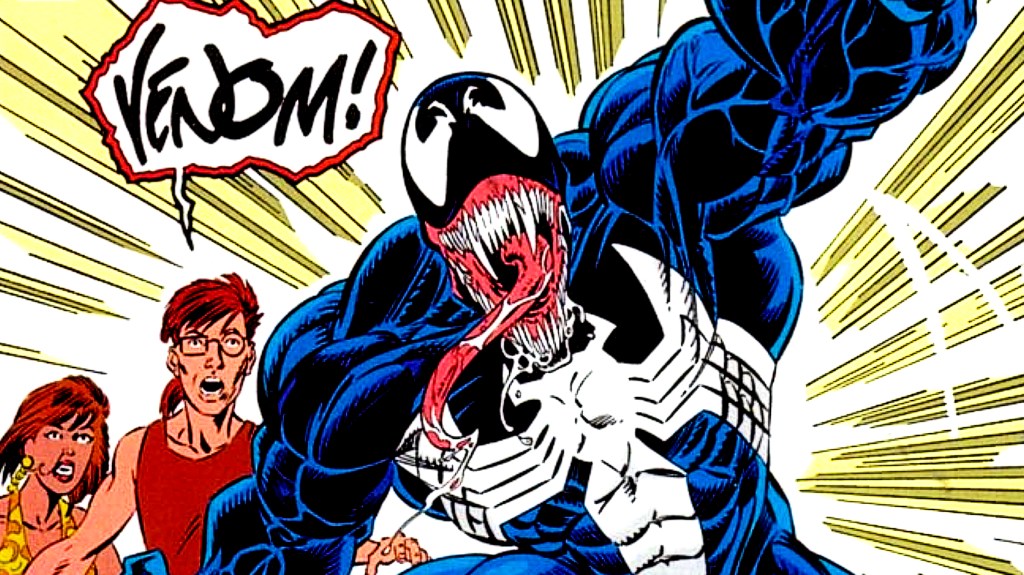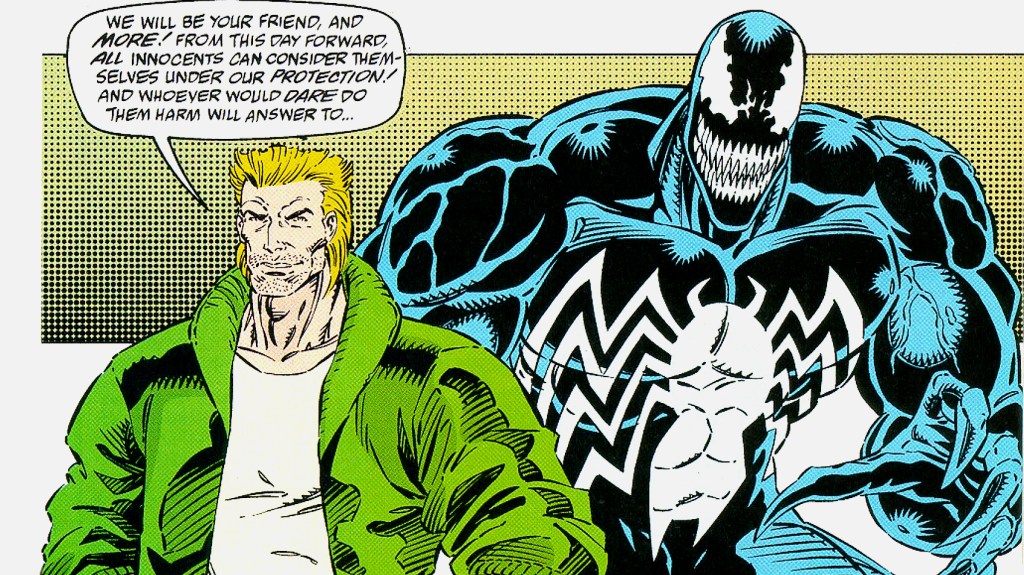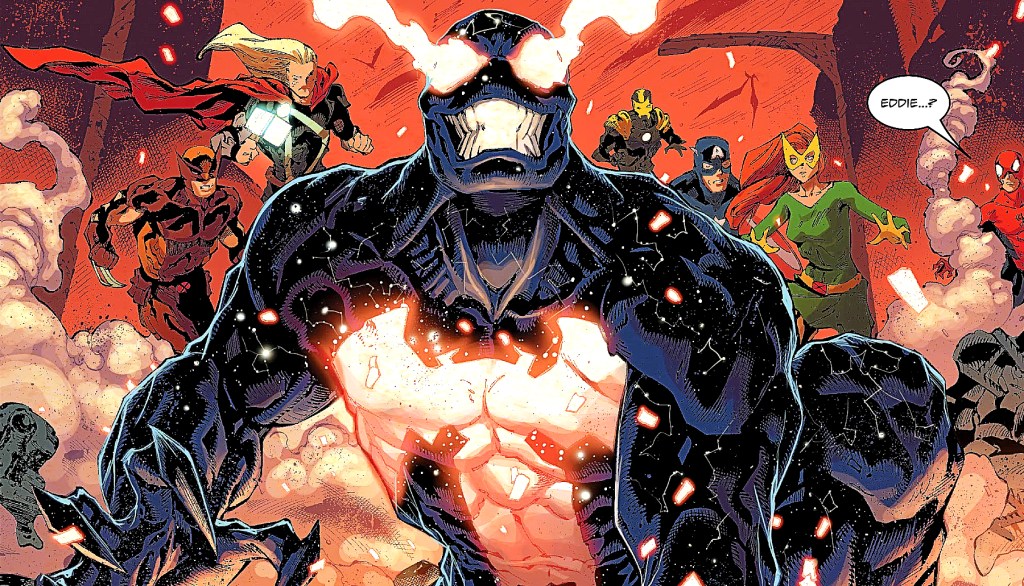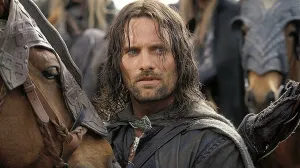Once upon a time, redemption arcs were the exception to the rule in Marvel Comics. Heroes were purely good, villains were irredeemably bad, and rarely did the twain meet. This wasn’t just a creative choice, it was a point strongly encouraged by the Comics Code Authority (CCA). But in the modern iteration of the mighty Marvel universe, the redemption arc has found its place. Anti-heroes, villains turned good — or at least less bad — and morally ambiguous characters now dominated the superhero landscape. And why not? These stories often deliver emotionally resonant storytelling. Outside the heart-crushing dread of witnessing a hero succumb to darkness, few narratives are as satisfying as watching a hardened villain find the light.
Videos by ComicBook.com
Sometimes, redemption arcs can go a bit too far, however. How much can we really trust that a former menace to society has truly transformed into a pillar of the community? Committing evil, one has to imagine, is among the hardest habits to break. Perhaps no example illustrates a redemption arc taken too far better than Eddie Brock’s Venom. This isn’t to say his journey toward redemption was wrong or misguided — but rather that it veered too far into “the reeds of good.” A more plausible, and narratively satisfying, stopping point for his “atonement” might have been just after the events of the original Venom: Lethal Protector series.
Venom: The Back-Breaking, Neck-Snapping Protector of the Weak

In Venom: Lethal Protector (1993) by David Michelinie, Mark Bagley, and Ron Lim, Eddie Brock and Venom decide to leave New York City for brighter pastures and a fresh start far from the primary cause of their shared misfortunes — Spider-Man. They choose to relocate to San Francisco, Brock’s hometown. But a change of scenery isn’t the only transformation they’re seeking. Through their past encounters with Spider-Man, some of his goodness seems to have rubbed off on them, inspiring a decision to turn over a new leaf. As they swing across the San Francisco skyline, Venom sums up their new outlook: “Protecting the innocents is satisfying indeed — after all, we were innocent once before.”
Having been in the symbiote’s grasp before, Spider-Man is nonplussed by Venom’s “escape from New York City.” So, when he hears about their move to California, he believes they’ll be up to no good and chases after them. Naturally, seeing Spider-Man again triggers Venom’s hateful side. But before they can settle their differences, they run into a local threat that requires their combined efforts to resolve. Accordinly, they reach a sort of silent understanding where Spider-Man will stop pursuing Venom so long as they quit targeting Spider-Man and committing crimes.
Venom: The Cosmic Warrior and Earth Defender

Ultimately, the mental space that Venom and Brock occupy at the end of the story lies somewhere between true villainy and true heroism. While they believe “doing good” is indeed the right thing, they have no compunction about using extreme force against someone who may be guilty of only a minor level of criminality. In true anti-hero fashion, their mindset at that time echoes the Punisher’s “if you’re guilty, just a bit, you’re dead” mantra. In that moment, Venom’s atonement is complete — and even Spider-Man is fine with that ending.
Marvel didn’t halt Venom’s narrative redemption there, though. Subsequent chapters of the story arc see the symbiote bonding with unexpected hosts, including Eddie Brock’s wife Ann Weying and Flash Thompson. The arc ultimately reveals Venom’s origins, tracing back to Knull, an ancient cosmic being with sinister plans to enslave humanity. During these episodes, Venom undergoes a profound transformation, evolving from a lethal neighborhood protector to the last line of defense against a symbiote invasion of Earth. It’s a mind-bending journey that transcends mere personal redemption, propelling Venom to become one of the Marvel Comics universe’s greatest defenders — a status that even Spider-Man cannot claim.
Venom and the Limits of Redemption

While going from being a living superhero suit to becoming the savior of humanity is certainly heady stuff, it ultimately falls flat as a storyline for Venom. On one hand, it transforms a truly unique character — both as the symbiote itself and together with Brock as Venom — into just another of Earth’s Mightiest Heroes. But there’s still something off about Thor, Captain America, and Iron Man looking to Venom for leadership against Knull, no matter how good he’s become or how effective he may be.
On the other hand, it’s hard to fathom just how good and righteous he has suddenly become — especially given his history. The idea of Venom having the moral worthiness to wield Mjolnir feels like a stretch, perhaps a bit too much redemption to believe. This is, after all, the same being so unwilling to separate from Spider-Man that it was prepared to let Peter Parker nearly drive himself mad. While redemption arcs can be powerful, Venom’s transformation from obsessive stalker to cosmic messiah swings too far into the realm of implausibility
The ending of Venom: Lethal Protector provided a compelling sense of atonement that felt just right for the character. Driven by his warped sense of justice, Venom decides to protect the innocent of San Francisco, offering a unique angle and allowing him to operate outside of Spider-Man’s shadow. This fresh take showcases his potential for a different kind of existence. Like any good redemption story, it allows Venom to be good without completely abandoning his villainous roots, giving him the chance to be both good and evil — a duality that feels authentic to the character.









